The idea for the Monk Manifesto emerged several months ago while I was away on a retreat. Last spring was a very full season of my life and I was claiming a few days of silence to listen. I was in a threshold space, moving into my own work more fully, and I knew my call was to spread ways of being a Monk in the World to as many people as I could.
Many of you who signed indicated that having so many others to join with in a public declaration is supportive and hope-filled. Indeed that was part of my motivation for writing them. I want people to see that there are companions who also hunger for ways of living with deep intention. I want to start a movement of monks. I don’t know exactly what it will look like, but like most things in my life which are life-giving it begins by following a thread, a sense of awe at the invitation being offered to me, even if I can only see the edges.
Reaching across borders
I attended the World Congress of Benedictine Oblates in Rome last October and our theme was inter-religious dialogue. I am very aware that I have far more in common with my brothers and sisters who are committed to a contemplative way of life no matter their religion (or perhaps even none) than I am with those in my own faith tradition who use religion to exclude and draw ever-stronger boundaries around what (or who) is holy and what (or who) is not. My goal is not to water down Christianity — as I will always be deeply rooted in and informed by my relationship to this wisdom tradition — but to discover where we might find companions across perceived boundaries.
Broad and inclusive language
These principles emerged out of my own inner journey of living the Benedictine way (which is my primary spiritual community and commitment) and my outer journey of teaching about various strands of Christian monasticism (including Benedictine, Celtic, and desert traditions). However each of the principles I set forth can be found across contemplative traditions. Several of you who signed commented that there is much overlap with your practice of Buddhism or yoga. What would it be like to create a common language about what it means to live in meaningful ways in the modern world?
Why we need practices
Really each principle is the umbrella for a whole set of practices. Practices help us to embody new ways of being. As we commit to living into a particular practice, our hearts are shaped by the daily engagement. Practices provide us with sacred containers through which we can foster presence to our experience and cultivate a radical sense of compassion for ourselves, our community, and creation. I will explore this more here in the coming weeks.
The act of resistance
I purposely selected the word “resistance” because it is a concept which roots me in a tradition and practice of nonviolence where we stand in resistance to the powers of destruction at work all around us. Some of the violence is overt — daily abuse, neglect, loss of human life, the unraveling of ecosystems. But much of the violence is subtle — like the violence we participate in each day as we push our bodies to the point of exhaustion and our spirits to the place of despair. I believe deeply that we need both a sacred yes and a sacred no in our lives – things which we wholeheartedly embrace and those which we create boundaries around of what is not life-giving. For me, naming both is a practice of balance and awareness.
Sparking your own reflection
The Monk Manifesto is not meant to be exhaustive, but there is fruitfulness in claiming what is important in a given moment of time. There are many things that could be added, but part of its power is its conciseness. I had a lovely email from someone for whom the word “resist” was not helpful and so he changed the language for his own version, something I wholeheartedly encourage. I hope reading it prompts your own reflection on how you would articulate your declaration of integrated living.
Join with others
Consider signing the Monk Manifesto. Making a declaration is just a first step. Then comes practice – an entire lifetime of practice (see #7).

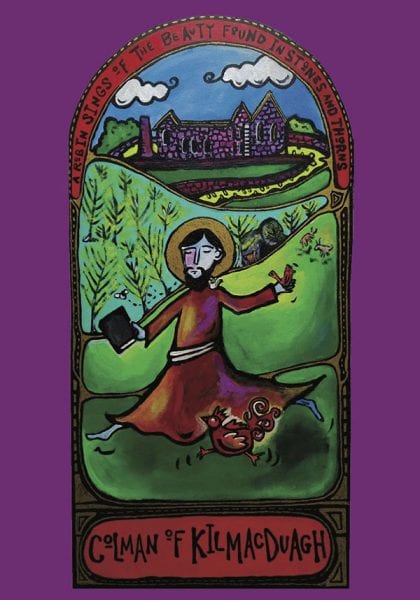
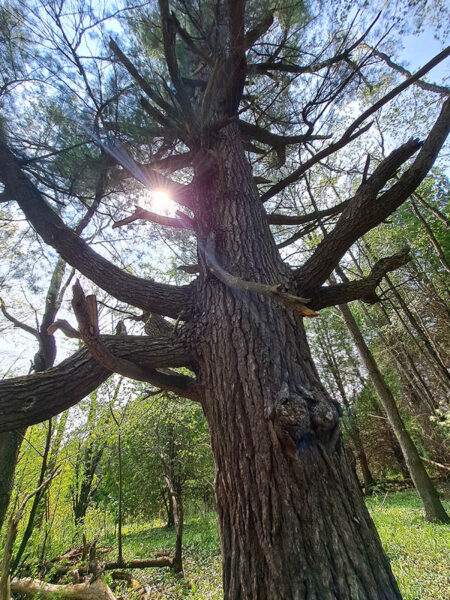
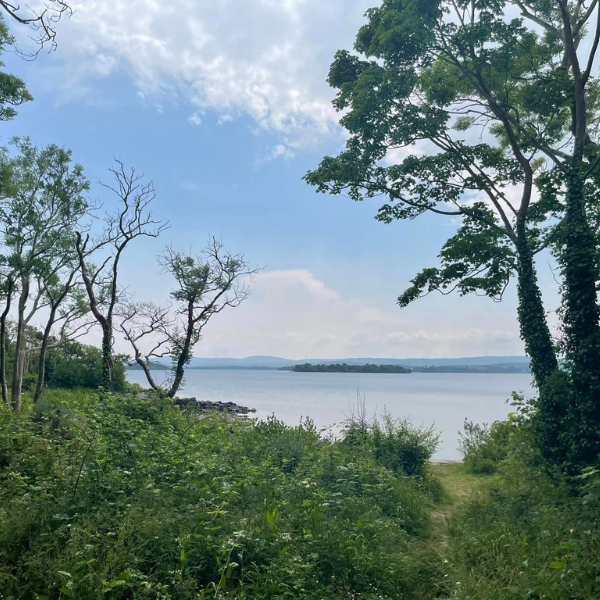
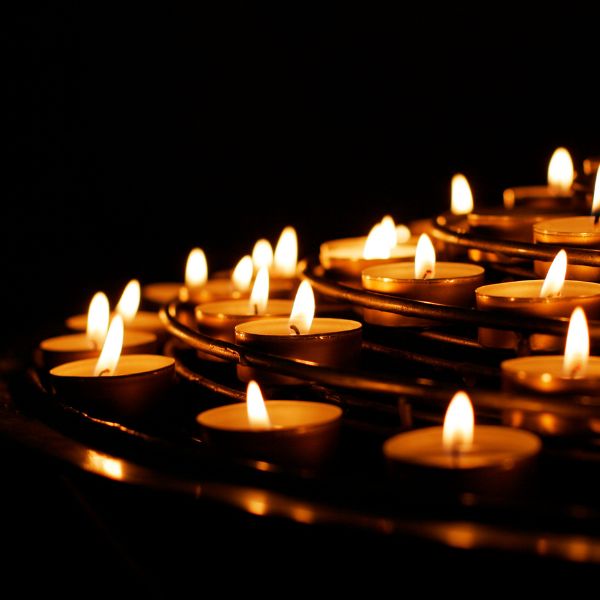
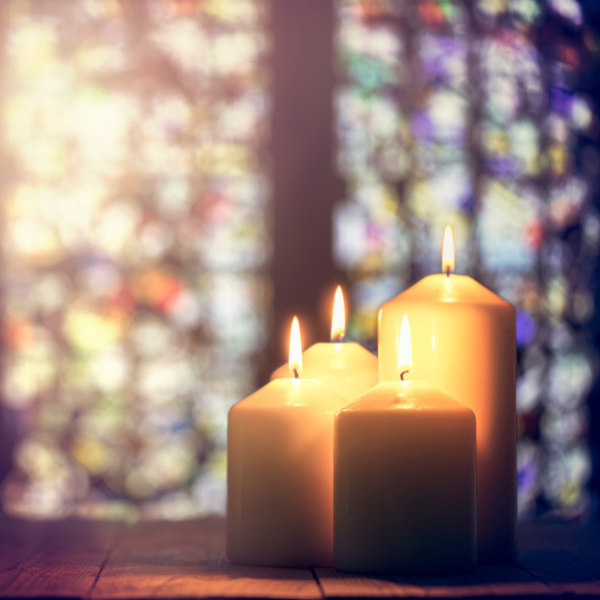
One Response
I am very aware that I have far more in common with my brothers and sisters who are committed to a contemplative way of life no matter their religion (or perhaps even none) than I am with those in my own faith tradition who use religion to exclude and draw ever-stronger boundaries around what (or who) is holy and what (or who) is not.
Christine, you have no idea how wonderful it was for me to read this post. I used to come to the Abbey quite a bit over the past few years, as I was struggling with my relationship to the Christian faith. I reached the point last fall where I realized that, for various reasons, I was in a “bad relationship” with Christianity, much like a woman who is repeatedly drawn to men who are not good for her. Part of it was me and my analytical mind, part of it was the exclusive nature of religion itself, but the gist of it was that my continued pursuit of faith was causing me more harm than good.
When I came to this realization, I decided to abandon religion altogether. I felt as if a weight was lifted from my shoulders. At first I was uneasy with how easy it had been for me to give it up and for me to give up any ideas I had of God, even to the point of thinking there might not be a God, and that that was fine with me. But recently I have come to embrace my agnostic view of life.
At any rate, something prompted me to return to the Abbey after many months, wondering if I could still find something here, even though I had no idea what that could be. I saw the image of the nun, and the poem from Mary Oliver that you shared in your “Summer Renewal” post, and it resonated with me. I looked over your many offerings here, and while unfortunately it isn’t in the cards for me financially to participate in the classes you offer, I decided that I would add your site once again to my bookmarks and enjoy the things you had to offer that were free.
Fast forward to today. This evening I took a walk to a nearby labyrinth, an activity I had not experienced since my abandonment of Christianity. I wondered if I could still find a way to incorporate some of the practices and rituals of Christianity (especially Roman Catholic Christianity), by which I had always been deeply moved, back into my life without falling into what I still view as (for me personally) the “trap” of religion.
To my surprise, I found I still had much to gain from a practice that I had relegated to the “religious” category, and that I could do so with joy. I hope to share that story on my blog this week. I have also been recently drawn to the meditative practices of Buddhism (though I am not interested in Buddhism as a religion), and its similarity to the Christian contemplative practices are, in my mind, very similar.
As part of a blog series I was doing, I wrote a post today about my hopes for the year to come, and a lot of my intentions revolved around the things you mentioned above (even though I hadn’t seen this post yet).
These events–my acceptance of my agnostic outlook, my happening upon your blog on the day of the “Summer Renewal” post, my recent immersion in meditative practices, and my experience of the labyrinth–have seemingly conspired to bring me to the realization that, religion or not, “faith” or not, I am drawn to the contemplative life and always will be.
Then I came to your blog tonight to find this post, and the link to the Monk Manifesto. And it just felt right for me to sign it, even though at a mind level it makes no sense to me whatsoever. Whoever heard of a secular monk? And yet in my heart, I know that is what I am!
All of this blathering on simply to say thank you, Christine. Thank you for voicing what I have been feeling but could not articulate.
I look forward to my week of emails on becoming a monk in the world!